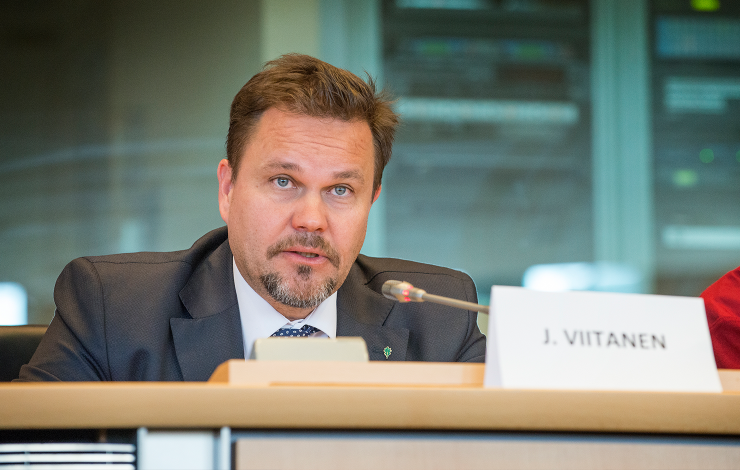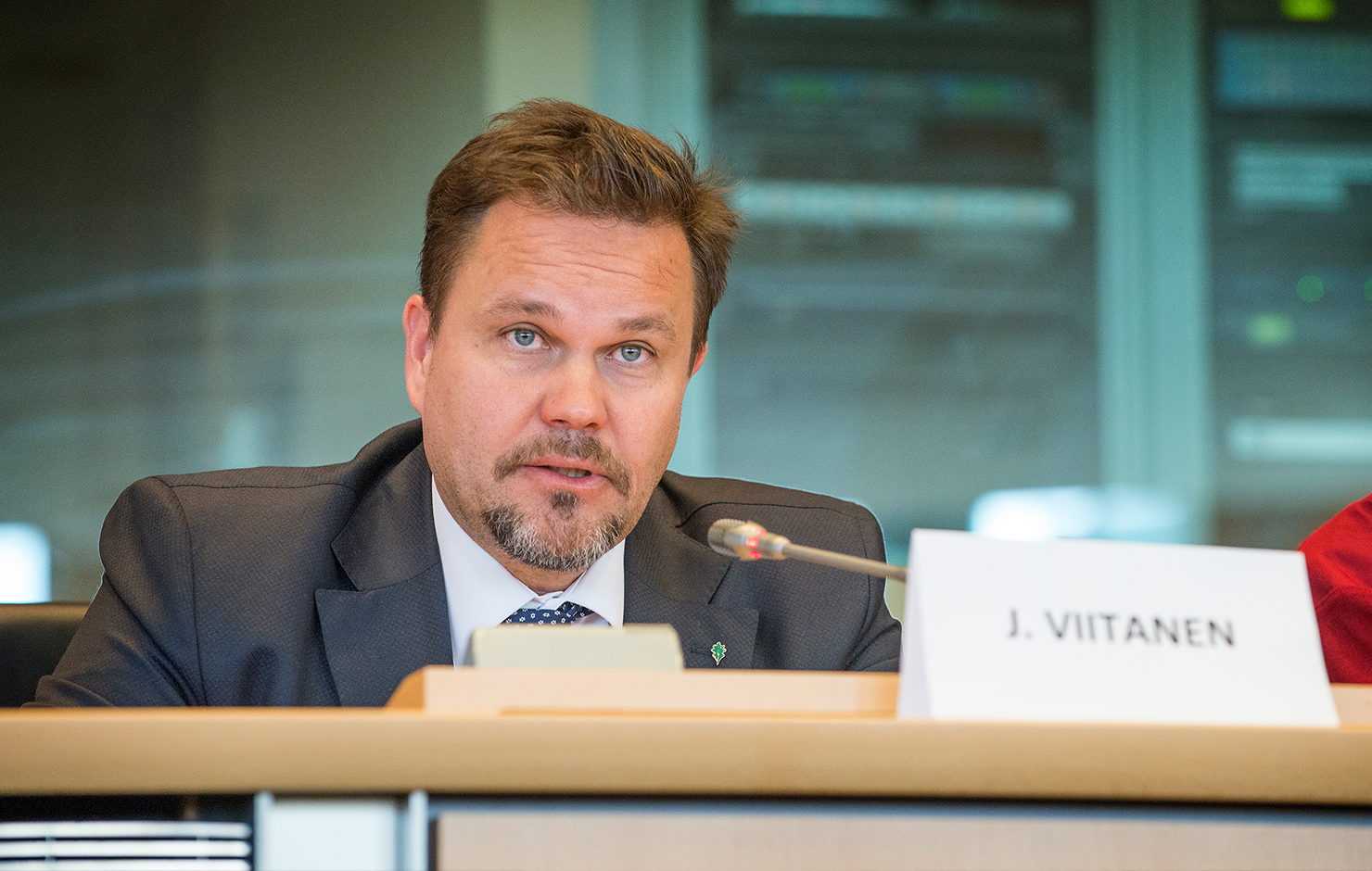
Few people realize it, but illegal logging and timber trade is the world’s most lucrative form of transnational crime after counterfeiting, drug smuggling, and human trafficking. Generating up to USD 157 billion each year, it attracts organised criminal groups and fosters widespread corruption. This undermines the rule of law and creates social and environmental impacts that thwart progress towards sustainable development.
The European Union (EU) and partner countries are addressing this through special trade deals negotiated under the EU Forest Law Enforcement, Governance and Trade (FLEGT) Action Plan. These deals uphold all four universal principles with which the World Justice Project defines ‘the rule of law’: open government; just laws; accountability; and accessible and impartial dispute resolution.
And by strengthening the rule of law, they aim to bring many other benefits—from improving conditions for workers and protecting the rights of indigenous peoples, to boosting tax revenues and promoting the sustainable management needed to ensure forests help us to limit climate change.
- Open Government
Government agencies, businesses and civil society groups all participate in negotiating and implementing FLEGT agreements. This is transforming governance from a ‘black box,’ with decisions made behind closed doors, to an open partnership in which these groups work together to identity and address challenges and be part of the solution.
For example, Vietnam’s government is engaging like never before with nongovernmental organisations working on forest issues. In Honduras, the Government gave indigenous peoples seats on the team that negotiated the country’s FLEGT agreement. Liberia did the same for representatives of forest communities.
Each FLEGT agreement also commits the partner government to make information on its forest sector publicly available, enabling civil society to scrutinize the sector and hold companies and government agencies to account. Ghana’s new timber transparency portal, for instance, provides real-time access to information on logging permits, companies and timber exports.
- Just Laws
Each FLEGT agreement describes a system for verifying that wood products conform with national laws. To design these systems, the EU’s partner countries must develop a national consensus on what ‘legal’ means. Broad participation ensures this is not simply about the legal right to harvest timber — it also includes laws on taxation and transport, forest management and biodiversity conservation, community benefits and worker safety.
Defining legality involves reviewing the legal framework. This requires governments to put legal texts into the public domain, often for the first time. It also reveals inadequate, unjust or contradictory laws, so leads to corrective reforms. In 2017, for example, Ghana adopted new regulations that require companies acquiring any kind of logging permits to negotiate social responsibility agreements with local communities.
- Accountability
By reviewing, communicating about and improving legal frameworks, FLEGT countries clarify what businesses must do to comply with the law, and what the authorities will do to uphold it. This clarity, backed by FLEGT transparency commitments, enables civil society to hold governments and the private sector to account.
In Liberia, for example, NGOs used the FLEGT process to challenge fraudulent allocation of logging permits, leading to several forestry officials being prosecuted. A new timber tracking and revenue collection system, which Liberia is implementing as part of its FLEGT commitments, ensures logging companies are accountable for taxes and fees they owe.
Implementing FLEGT agreements often requires governments to improve their own operations. In Ghana, for example, the Forestry Commission set up a new department to ensure district-level officers are doing what they should in the field.
- Accessible and Impartial Dispute Resolution
Through FLEGT, countries develop and enhance complaint mechanisms so people can raise concerns about issues such as the allocation of logging rights, suspected illegal logging, or non-payment of community benefits. People can also raise concerns with a bilateral committee of EU and national representatives that oversees each FLEGT agreement.
Raising concerns often requires evidence, but FLEGT helps here too, promoting independent forest monitoring by civil society groups. In Indonesia, forest monitors used the country’s FLEGT transparency commitments to successfully sue the government for access to information on the forest sector; and through the obligatory third party audits on the government’s systems to deliver legal timber.
Beyond timber, beyond legality
While FLEGT is all about forestry and the timber products sector, there is growing interest in applying its principles to other commodities — such as cocoa and palm oil — whose production has caused social and environmental problems in places where the rule of law is weak.
Indeed, FLEGT experiences show that by focusing on legal frameworks it is possible to create an enabling environment in which trade can incentivize better governance and a stronger rule of law. And from these foundations can rise loftier gains — for only when there is justice in the world’s forests can there be equitable, sustainable development and a stable global climate.








